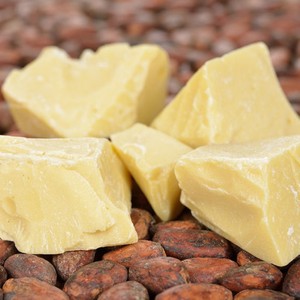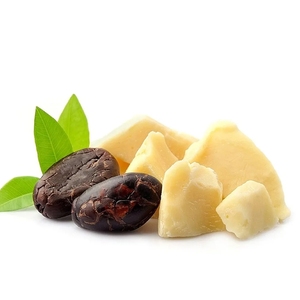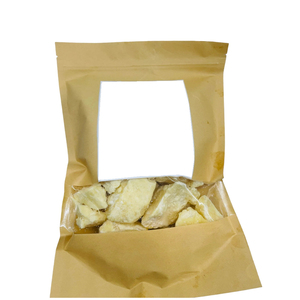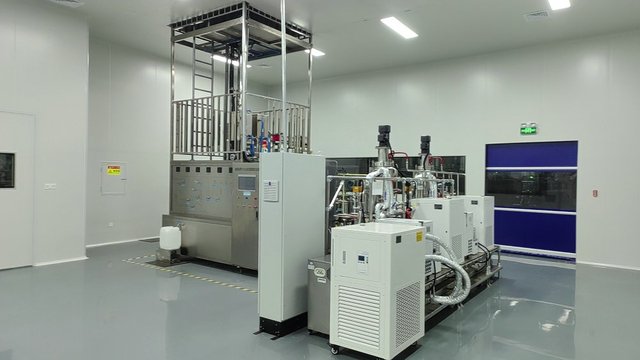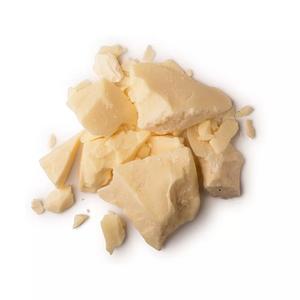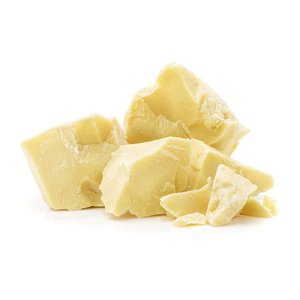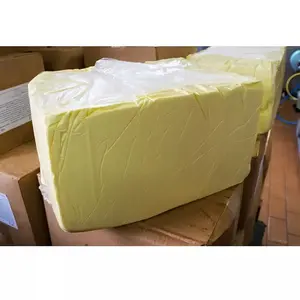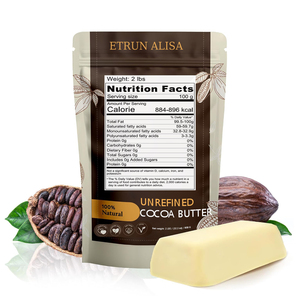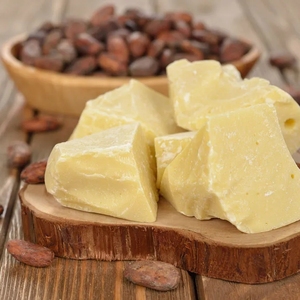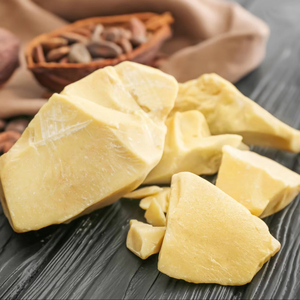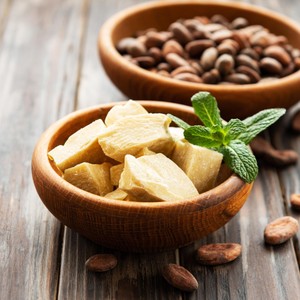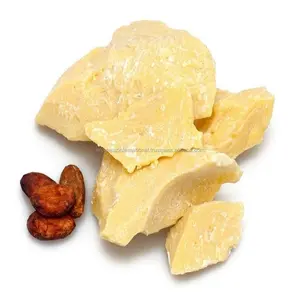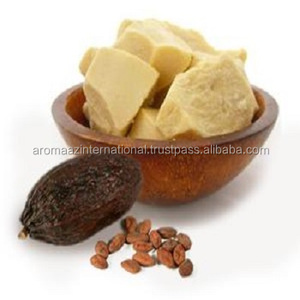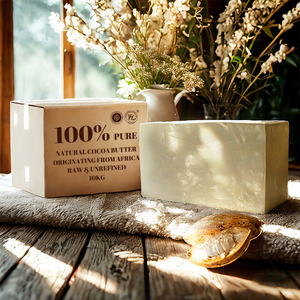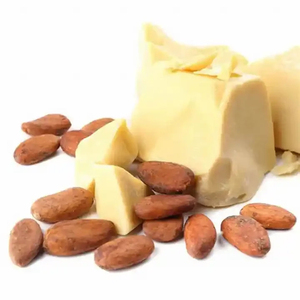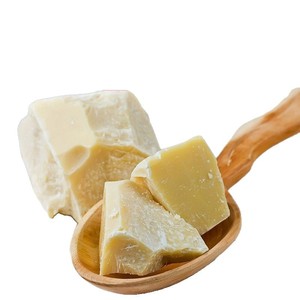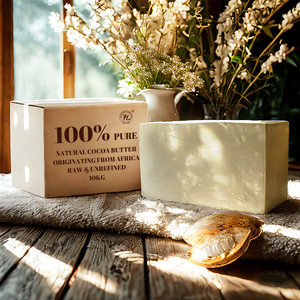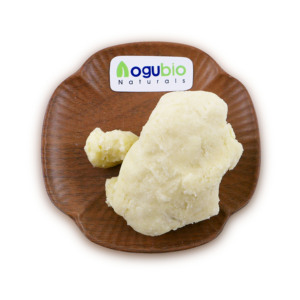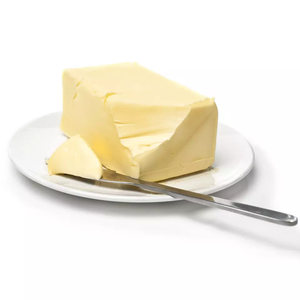Cocoa Butter Bulk Barn




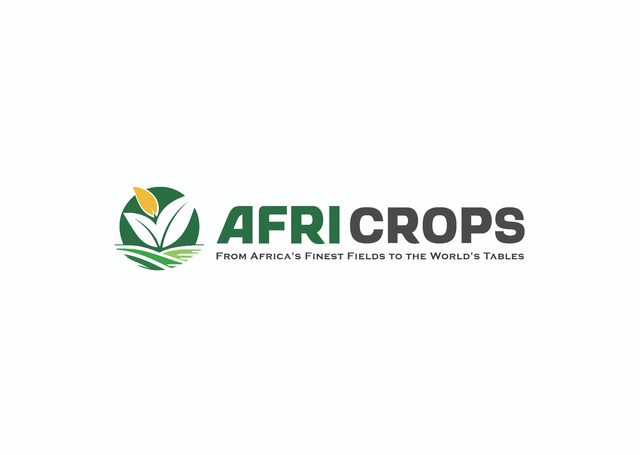







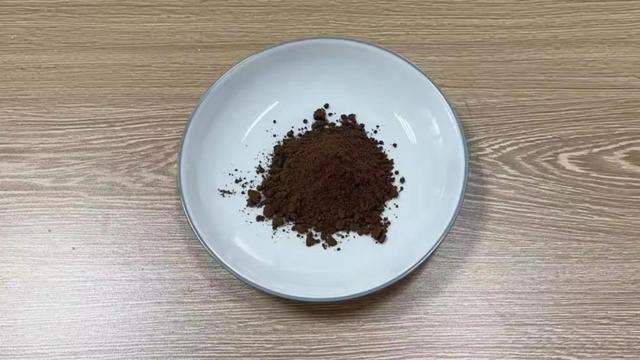



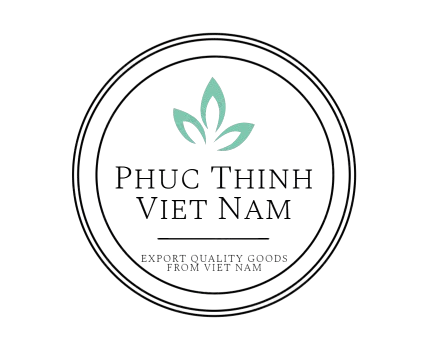








































About cocoa butter bulk barn
Where to Find Cocoa Butter Bulk Suppliers?
The global cocoa butter bulk supply chain is anchored by specialized processors and natural ingredient manufacturers, primarily concentrated in China, Germany, and emerging agricultural exporters in Africa. These regions leverage access to raw cocoa mass, advanced lipid extraction technologies, and scalable refining infrastructure to serve international food, cosmetic, and pharmaceutical industries. Chinese suppliers dominate high-volume production, utilizing integrated processing facilities that support monthly outputs exceeding 50 metric tons. European operators like Lehnen Maschinen GmbH focus on technical precision and compliance with EU food safety directives, while African-based entities such as AFRICROPS LLC source directly from regional harvests, reducing upstream logistics costs.
Manufacturers employ hydraulic pressing or solvent-free refining methods to produce unrefined, food-grade, or cosmetic-grade cocoa butter, preserving the natural triglyceride profile (primarily POP – palmitic-oleic-palmitic). Facilities typically maintain ambient-controlled storage and nitrogen-flushed packaging lines to prevent oxidation. Key competitive advantages include vertical integration from bean sourcing to finished fat blocks, adherence to HACCP and GMP standards, and flexible packaging configurations for bulk shipments (25kg blocks, 500kg totes, or custom melts).
How to Choose Cocoa Butter Bulk Suppliers?
Prioritize these verification criteria when evaluating potential partners:
Quality & Certification Compliance
Confirm adherence to internationally recognized quality frameworks including ISO 22000, HACCP, or organic certifications (USDA, EU Organic). For cosmetic applications, INCI compliance and microbiological testing reports are essential. Suppliers should provide batch-specific certificates of analysis (CoA) detailing free fatty acid content (<1.5%), iodine value (34–40 g I₂/100g), and peroxide value (<1 meq/kg).
Production & Customization Capacity
Assess operational scale through verifiable metrics:
- Minimum facility area of 2,000m² with dedicated refining and deodorizing lines
- In-house pressing or fractionation capabilities for customized melting points (32–35°C)
- Private label and reworking services (e.g., tabletting, micro-pelletizing)
Cross-reference online transaction volume and reorder rates (>20% indicates consistent buyer retention) to validate reliability at scale.
Procurement Flexibility & Transaction Security
Evaluate minimum order quantity (MOQ) structures—suppliers with MOQs below 1,000 kg offer greater entry flexibility for mid-tier buyers. For large contracts (>10 MT), prioritize suppliers offering FOB/CIF shipping terms and third-party inspection options (SGS, Intertek). Use secure payment mechanisms such as trade assurance or escrow services until product conformity is verified post-arrival.
What Are the Leading Cocoa Butter Bulk Suppliers?
| Company Name | Origin | Verified Status | Main Products | Price Range (USD/kg) | Min. Order | On-Time Delivery | Avg. Response | Reorder Rate |
|---|---|---|---|---|---|---|---|---|
| Lance (Guangzhou) Biological Technology Co., Ltd. | China | Custom Manufacturer | Cocoa butter, private label, raw botanicals | $14.50–15.50 | 1,000 kg | 99% | ≤3h | 31% |
| Ji'an Zhongxiang Natural Plants Co., Ltd. | China | Custom Manufacturer | Unrefined cocoa butter, plant extracts | $7.69–47.00 | 1–500 kg | 98% | ≤2h | 23% |
| Lehnen Maschinen GmbH | Germany | - | Oil extraction equipment, spices, animal feed | $2.00–5.00 | 1,000 kg | - | ≤2h | - |
| AFRICROPS LLC | USA (Africa-sourced) | - | Natural cocoa ingredients, fresh crops | $18.00–25.00 | 1 kg | - | ≤20h | - |
| SARL ISLO | Algeria | - | Bulk cocoa butter, recycled materials | $300–580/MT | 1–10 MT | - | ≤2h | - |
Performance Analysis
Lance (Guangzhou) stands out for high-volume consistency, combining a 99% on-time delivery rate with robust customization options and a 31% reorder rate, indicating strong customer satisfaction. Ji'an Zhongxiang offers the widest procurement flexibility, accepting orders as low as 1 kg with competitive pricing for niche buyers. German supplier Lehnen Maschinen provides industrial-scale capacity at notably lower price points ($2–5/kg), though lacks public performance metrics. AFRICROPS LLC enables low-barrier sampling with 1kg MOQs but slower response times suggest limited operational bandwidth. SARL ISLO caters to ultra-large contracts (up to 500 MT), positioning itself for commodity-level procurement despite sparse service data.
FAQs
How to verify cocoa butter quality before bulk ordering?
Request physical or digital samples accompanied by full CoA documentation. Conduct independent lab testing for moisture content (<0.5%), residual solvents, and microbial load (absence of Salmonella, E. coli). Sensory evaluation should confirm a neutral aroma and smooth melt at body temperature.
What is the typical lead time for bulk cocoa butter orders?
Standard production and packing lead times range from 15–25 days after deposit confirmation. Add 20–35 days for ocean freight shipping depending on destination. Air freight reduces transit to 5–10 days but increases cost by 3–5x.
Can suppliers accommodate organic or fair-trade certified cocoa butter?
Yes, multiple suppliers list organic and unrefined variants. Verify certification authenticity through accredited bodies (e.g., Ecocert, IMO). Fair Trade compliance requires traceable supply chain audits; request documentary evidence prior to contract signing.
Do cocoa butter suppliers offer private labeling or repackaging?
Manufacturers like Lance (Guangzhou) explicitly offer private label services, including custom branding, packaging design, and logo application. Confirm minimum volumes and artwork specifications during initial inquiry.
What are common packaging formats for bulk cocoa butter?
Standard formats include 10–25kg food-grade poly-lined cartons, 500kg super sacks, or 1,000kg palletized loads under vacuum or nitrogen flush. For liquid transport, heated tank containers maintain temperatures above 35°C to prevent solidification.










